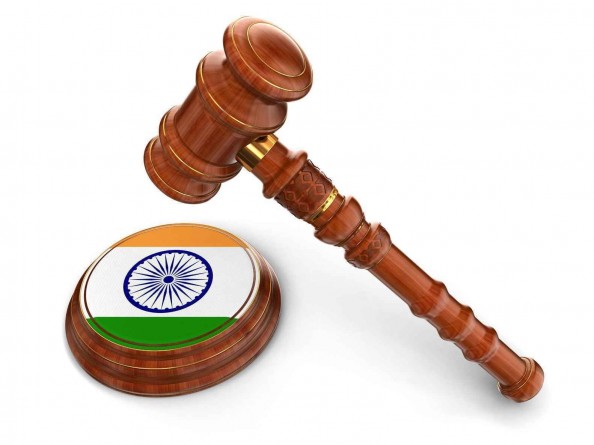Scope of Interference by an Appellate Court with Discretionary Orders
11 May 2018

For the past many years, appellate courts have been facing the issue of interfering with interlocutory orders passed by lower courts. The said proposition is governed by the Supreme Court’s decision in Wander Ltd. and Anr. v. Antox India P. Ltd; however, the interpretation of the same by subsequent judgments has been narrow, which in turn practically leaves the appellate court with very limited scope to interfere with such orders. The present article attempts to put forth an interpretation to the said decision concentrating on the various case laws relied therein.
Interpretation as Provided in the Wander Case
Antox brought an action of passing off against Wander with respect to the mark “Cal-De-Ce.” The trial court declined Antox’s plea of interim injunction, but the division bench reversed the findings of the trial judge on appeal.
On considering the matter, the Supreme Court pointed out that the division bench fell into error on two points, being (Para 13):
a) Misdirection as to the scope and nature of the appeals before it and limitations on the powers of the appellate court to substitute its own discretion in an appeal preferred against a discretionary order; and
b) Infirmities in the ratiocination as to the quality of Antox’s alleged user of the trademark on which the passing off action is founded.
With regards to (a), the apex court held that: “In such appeals, the appellate court will not interfere with the exercise of discretion of the court of the first instance and substitute its own discretion except where the discretion has been shown to have been exercised arbitrarily, or capriciously, or perversely or where the court had ignored the settled principles of law regulating grant or refusal of interlocutory injunctions… [The] appellate court will not reassess the material and seek to reach a conclusion different from the one reached by the court below… If the discretion has been exercised by the trial court reasonably and in a judicial manner the fact that the appellate court would have taken a different view may not justify interference with the trial court’s exercise of discretion.”
Precedents Relied Upon
The Supreme Court while arriving at the above findings relied on its previous judgment passed in Printers (Mysore) Pvt. Ltd. v. Pothan Joseph, wherein it was held: “… as has been observed by Viscount Simon L.C. in Charles Osenton & Co. v. Johnston – the law as to reversal by a Court of Appeal of an order made by a judge below in the exercise of his discretion is well established, and any difficulty that arises is due only to the application of well settled principles in an individual case.”
It is pertinent note that in the Printers (Mysore) case, the apex court had held that ignoring relevant facts is also a ground for interfering with the discretion exercised by the lower court.
Furthermore, Viscount Simon L.C., in Charles Osenton & Co. v. Johnston, after stating the above, further went on to quote Lord Wright’s decision in Evans v. Bartlam: “It is clear that the Court of Appeal should not interfere with the discretion of a judge acting within his jurisdiction unless the court is clearly satisfied that he was wrong. But the court is not entitled simply to say that if the judge had jurisdiction and had all the facts before him, the Court of Appeal cannot review his order unless he is shown to have applied a wrong principle. The court must if necessary examine anew the relevant facts and circumstances in order to exercise a discretion by way of review which may reverse or vary the order.”
Also, in Evans, Lord Wright has made it clear that while adjudicating upon the discretion applied by the lower court, the appellate court has to consider the case put forth by the appellant in favour of its argument that the lower court applied the said discretion wrongly in the circumstances therein.
Conclusion
So, what flows from a holistic reading of Evans and Charles Osenton is that an appellate court, even while deciding an appeal against a discretionary order such as an order granting an interim injunction, has to:
a) Examine whether the discretion has been properly exercised, i.e. examine whether the discretion is not arbitrary, capricious, perverse or contrary to principles of law; and
b) In addition to the above, an appellate court may have to adjudicate on facts even in such discretionary orders.
Thus, in compliance with the Supreme Court’s view in Wander, an appellate court may adopt the following approach while deciding an appeal against a discretionary order:
a) In a case where adjudication by the trial judge is in dispute before the appellate court, to ascertain whether the adjudication of the trial judge is correct as laid down in Wander;
b) In case the adjudication is correct, proceed to determine whether the discretion exercised by the trial judge fits within the parameters laid down by Wander;
c) In case the adjudication is incorrect, the appellate court may:
i) Set aside the order and remand the matter to the trial judge; or
ii) Proceed to grant relief after adjudicating de novo on the facts and circumstances involved.









